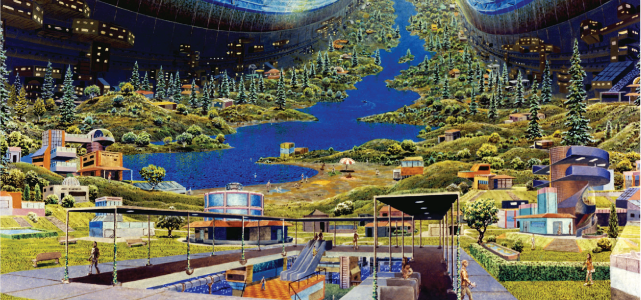Americans tend to be optimists when it comes to new technologies. According to a new Pew Research Center survey in partnership with Smithsonian Magazine, 59% of Americans think scientific and technological innovations over the next half-century will, overall, improve people’s lives. We recently asked Americans about their views on a variety of scientific developments, including some innovations that are already moving out of the lab and into the real world, such as Japan’s robotic attendants for the elderly and self-driving cars.
We also asked Americans how likely they thought five things were to happen by 2064. Here’s what they said, presented in the order of those that Americans think most “definitely” and “probably” will happen, as well as a summary of current developments and research:
People in need of an organ transplant will have new organs custom-made for them in a lab.
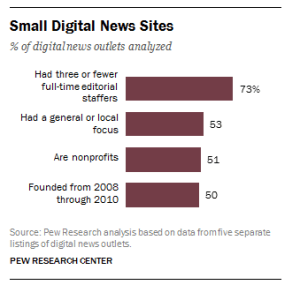
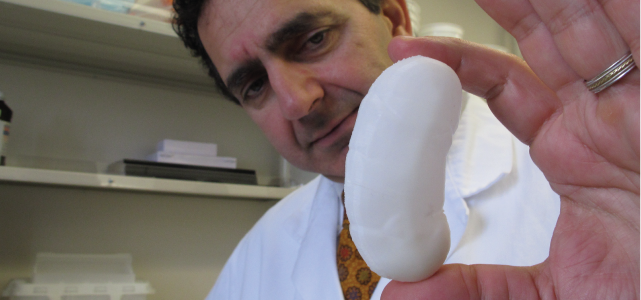
What the public says: 22% definitely will happen, 60% probably will happen
What science says: The first lab-grown bladders were transplanted into patients in 2006. A Boston company, Harvard Apparatus Regenerative Technology, is building synthetic tracheas by growing a patient’s own stem cells on lab-made scaffolding in “bioreactors.” HART says its proprietary technology “gives us substantial expertise and intellectual property for developing products addressing diseases impacting other organs like the lungs, gastrointestinal tract, heart valves, and heart.” Doris Taylor, director of regenerative medicine at the Texas Heart Institute, has built “bioartificial” hearts from rat tissues, and is testing the approach with other organs. She expects it will be at least a decade before such hearts would be ready for clinical tryouts, but simpler tissues such as blood vessels and cardiac valves could be in use sooner. And just last week came news that four teenage girls have received artificial vaginas grown from their own cells.
Computers will be as effective as people at creating important works of art.

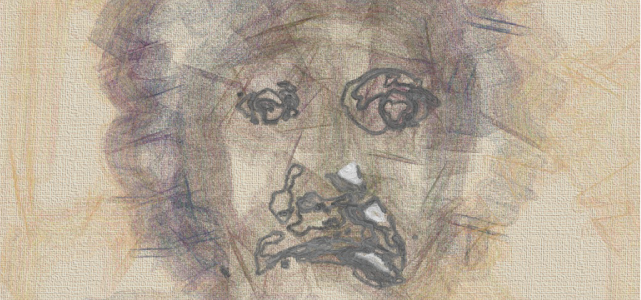
What the public says: 16% definitely, 35% probably
What science says: Artistic judgments on “importance” are best left to critics. However, Simon Colton, a British computer scientist, has developed The Painting Fool, software he says generates its own artwork and can digitally “paint” in several styles. Programmers at the University of Malaga in Spain have created Iamus, described as “the first computer-composer that doesn’t require any human intervention” (you can listen to one of its compositions, for harpsichord and viola d’amore, here). But while computers might do well at writing sample business news and sports stories, the prospects for artful novels are not too promising yet. There have been several experiments with computer-written books, (including a 2006 variation on “Anna Karenina” titled “True Love“), but none of them are exactly what most people would call literature.
Scientists will have developed a way to teleport objects — i.e., move them from one location to another without traversing the physical space in between.

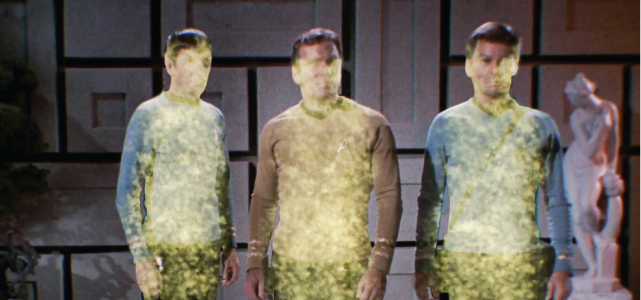
What the public says: 7% definitely, 32% probably
What science says: A 2003 Air Force study examined the physics behind five hypothetical means of teleportation, from altering the geometry of space-time to using extra space dimensions, parallel universes or quantum entanglement. While scientists have been able to “teleport” individual atoms — essentially transferring quantum information from one atom onto another — that line of research is more likely to lead to quantum computing than to “Star Trek”-style transporters. (Though it would make interplanetary colonization, discussed below, a lot easier.)
Humans will build colonies on another planet that can be lived in for long periods.

What the public says: 5% definitely, 28% probably
What science says: The most likely candidate for an off-Earth planetary colony is Mars, given its relative accessibility (36 million miles at its nearest approach) and similarity to Earth. In the past, NASA and the European Space Agency talked about sending manned missions to Mars by the 2030s, but now they are only discussing nearer-term unmanned missions. One private group, the Inspiration Mars Foundation, wants to send a two-person crew on a Mars flyby in 2018. Another, a Dutch nonprofit organization called Mars One, aims to establish a permanent human settlement on Mars, starting with a 2025 landing. Last year, more than 200,000 people from around the world applied for one of four one-way tickets on the first Mars One mission; 1,058 candidates have made it to the second round of the multi-part selection process. However, the latest data from the Curiosity rover indicate that radiation exposure would be a significant (though not necessarily insurmountable) challenge to any Martian expedition.
Humans will be able to control the weather.


What the public says: 6% definitely, 13% probably
What science says: Humans already are affecting the climate, and not in a good way, according to a recent report from the Intergovernmental Panel on Climate Change. But weather, unlike climate, is a near-term phenomenon. And while weather forecasts have become much more accurate in just the past few decades (as noted by, among others, Nate Silver), controlling the weather (or even just producing rain) has eluded humanity for centuries. Even cloud seeding, which has been practiced for decades, may be not as effective as once thought. Not that we’ve stopped trying: In 2010, a Slovak researcher named Jozef Solc patented a method for reducing a hurricane’s destructive force by pumping seawater near the eyewall and diffusing it into the wind.
